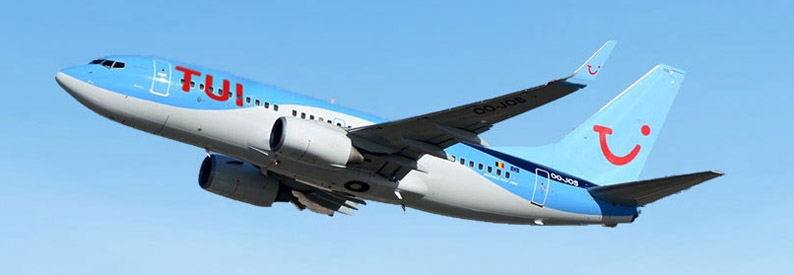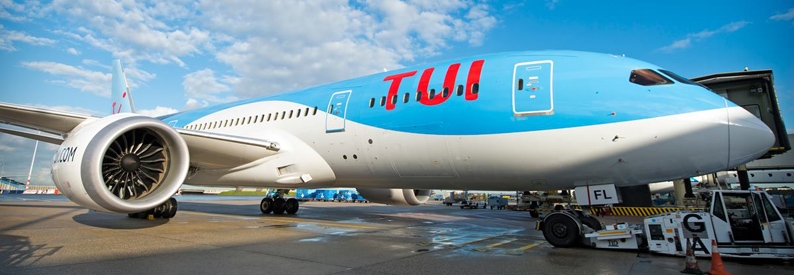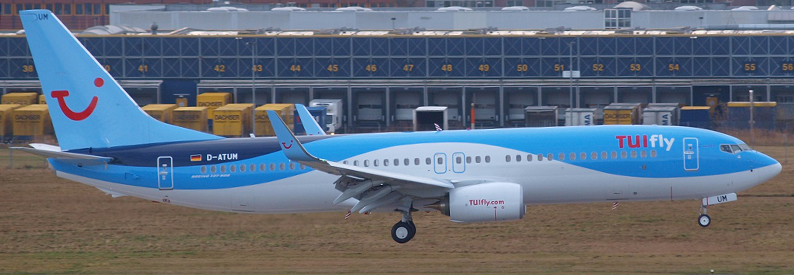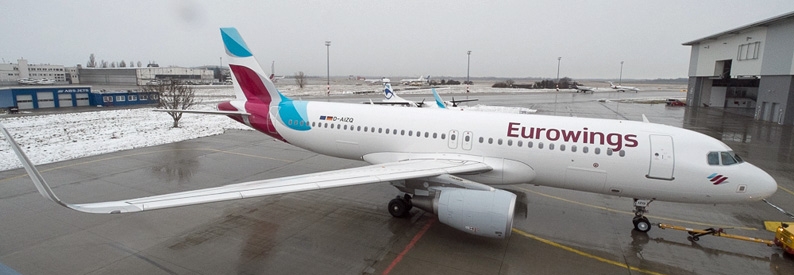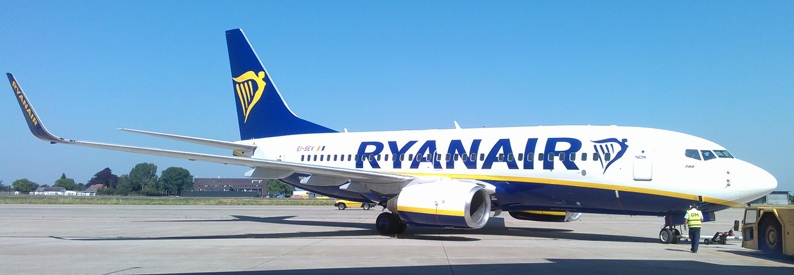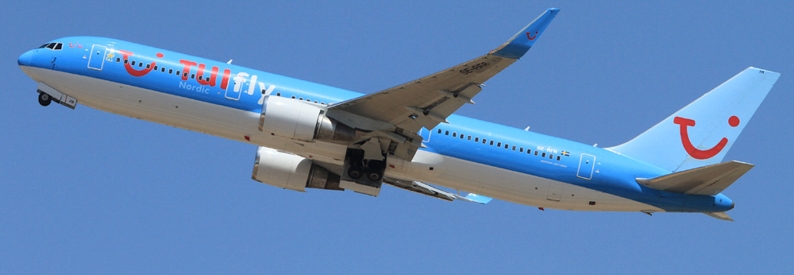The European Court of Justice (ECJ) ruled on April 17 that wildcat strikes resulting from a carrier's decision to restructure are not an "extraordinary circumstance" and as such do not exempt the carrier from its obligation to compensate all passengers for delays and cancellations caused by such a strike.
Ruling in joined cases C‑195/17, C‑197/17 to C‑203/17, C‑226/17, C‑228/17, C‑254/17, C‑274/17, C‑275/17, C‑278/17 to C‑286/17, and C‑290/17 to C‑292/17, each of them concerning one or two individual passengers, the ECJ assessed the wildcat strike at TUI fly (Germany) (X3, Hannover) in October 2016.
Following the notification by the carrier to the staff of restructuring plans on September 30, 2016, a significant number of employees called in sick in the following days. The rate of absenteeism, normally hovering at below 10% of staff, reached up to 89% for the cockpit crew and 62% for the cabin crew. The lack of available employees forced the leisure specialist to cancel or significantly delay a host of flights.
The carrier later argued in German courts that it is not obligated to compensate passengers as such a wildcat strike constitutes an extraordinary circumstance outside of its control. Under the EU regulator 261/2004, extraordinary circumstances absolve the carriers from certain obligations towards the passengers.
The ECJ, however, disagreed with such an interpretation.
"The spontaneous absence of a significant part of the flight crew staff ('wildcat strikes'), such as that at issue in the disputes in the main proceedings, which stems from the surprise announcement by an operating air carrier of a restructuring of the undertaking, following a call echoed not by the staff representatives of the company but spontaneously by the workers themselves who placed themselves on sick leave, is not covered by the concept of ‘extraordinary circumstances’ within the meaning of that provision," the ECJ said in the ruling.
Events that result from normal business activities are, per definition, not an extraordinary circumstance. The Court took a position that since the restructuring announcement was part of the carrier's ordinary activities, its results - including the possibility of wildcat strikes - should have been taken into consideration. In a similar vein, the Court had earlier ruled that events such as birdstrikes or collisions with ground handling equipment are also to be considered parts of airlines' normal activities.
The court further pointed out that for the purposes of passenger compensation, the law should not differentiate between a legal strike, which has already been confirmed as not an "extraordinary circumstance", and a wildcat one.
The ECJ rulings are directly applicable as the interpretation of the EU law and can be used in legal reasoning by parties across the bloc, also in national courts.

